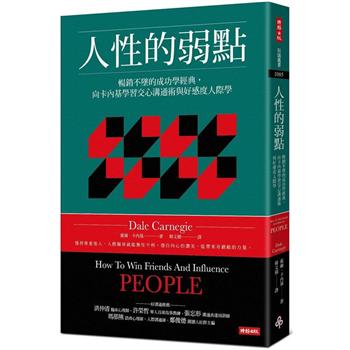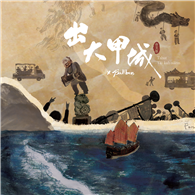What is terror? What are its roots and its results -- and what part does it play in human experience and history? This volume offers a number of timely and original anthropological insights into the ways in which acts of terror -- and reactions to those acts -- impact on the lives of virtually everyone in the world today, as perpetrators, victims or witnesses. As the contributors to this volume demonstrate, what we have come to regard as acts of terror -- whether politically motivated, or state-sanctioned -- have assumed many different forms and provoked widely differing responses throughout the world.At a deeper level, the contributors explore the work of the imagination in extreme contexts of danger, such as those of terror and terrorism. By stressing the role of the imagination, and its role in amplifying the effects of experience, this collection brings together a coherent set of analyses that offer innovative and unexpected ways of understanding a major global problem of contemporary life.
| FindBook |
有 1 項符合
Terror and Violence: Imagination and the Unimaginable的圖書 |
 |
Terror and Violence: Imagination and the Unimaginable 作者:Strathern 出版社:Pluto Press (UK) 出版日期:2005-12-01 語言:英文 規格:平裝 / 250頁 / 21.6 x 14.2 x 1.8 cm / 普通級 |
| 圖書館借閱 |
| 國家圖書館 | 全國圖書書目資訊網 | 國立公共資訊圖書館 | 電子書服務平台 | MetaCat 跨館整合查詢 |
| 臺北市立圖書館 | 新北市立圖書館 | 基隆市公共圖書館 | 桃園市立圖書館 | 新竹縣公共圖書館 |
| 苗栗縣立圖書館 | 臺中市立圖書館 | 彰化縣公共圖書館 | 南投縣文化局 | 雲林縣公共圖書館 |
| 嘉義縣圖書館 | 臺南市立圖書館 | 高雄市立圖書館 | 屏東縣公共圖書館 | 宜蘭縣公共圖書館 |
| 花蓮縣文化局 | 臺東縣文化處 |
|
|
圖書介紹 - 資料來源:博客來 評分:
圖書名稱:Terror and Violence: Imagination and the Unimaginable
內容簡介
作者簡介
Dr Andrew Strathern is Mellon Professor of Anthropology at the University of Pittsburgh, USA. Dr Pamela J. Stewart is Research Associate in Anthropology in the Department of Anthropology, University of Pittsburg, USA. Dr Neil Whitehead is Professor of Anthropology and Religious Studies at the University of Wisconsin, Madison, USA.
|










